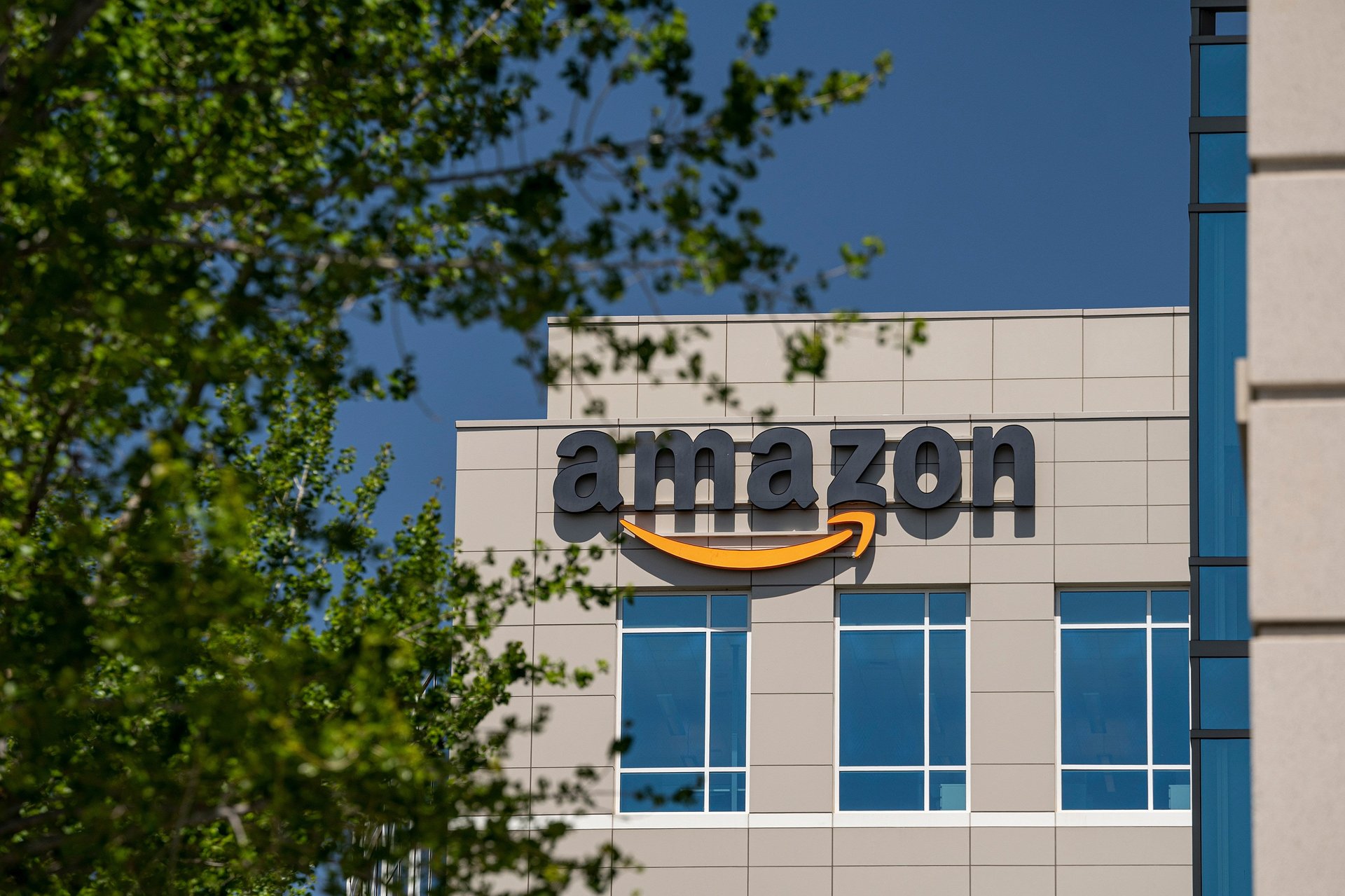Amazon says 'Project Curiosity' wasn't a secret operation to spy on rivals
Amazon said its shell company Big River made most of its money from selling products on Amazon, not rival sites

The Wall Street Journal on Thursday published a report detailing how Amazon used a shell company, Big River Services International, to spy on its rivals including eBay, Fedex, and Walmart. Amazon told Quartz that it vehemently denies that claim.
Suggested Reading
Amazon said the idea that the company used “Project Curiosity”—later given a less conspicuous name, “Small Business Insights”—to snoop on its competitors is false.
Related Content
The Wall Street Journal reported that the project started in 2015 as a way to compare the experiences of third-party sellers on Amazon to those of e-commerce rivals and quickly morphed into a means of spying on those rivals, especially Walmart. Big River bought merchandise and sold it on Best Buy, Overstock, and Walmart and stored its inventory with Fedex, UPS, and other logistics services that rival its own, according to the report. Amazon employees on the Big River team were told to take pictures or screenshots of competitors’ pricing, cataloging, and advertising systems, and they were sent to rivals’ conferences, where they obtained “exclusive” information, The Journal reported.
But Amazon said it uses its Small Business Insights team to better understand how third parties experience its own platform more so than rivals’, which it claims is evidenced by the fact that 70% of Big River’s revenue comes from Amazon Stores rather than competitors. Amazon also claimed that Walmart, FedEx, eBay, Shopify, and Target employees have over 200 seller accounts on its platform.
The company said the fact that Big River was a secret was to ensure that its team had real-world experience as a small business would through its interactions. It also pointed to the fact that millions of sellers have access to the same information Big River acquired by selling on rival platforms.
But when asked by Quartz via email, the company didn’t address questions about key claims outlined by The Journal. It didn’t confirm or deny whether Big River staffers were given instructions to limit information sent via email to minimize their paper trail. It didn’t address why Big River employees used separate email accounts to handle external communications with competitors.
Another key claim in The Journal’s investigation was its finding that Amazon used pricing information Big River team members obtained from their work with Fedex to make its own logistics services more competitive.
“In our review of internal documents from 2017 that we have undertaken since being contacted by The Wall Street Journal last week, we have not identified any instances of an Amazon employee having FedEx pricing information prior to [Fedex’s] launch [of its logistics service, Fedex Fulfillment, a rival to Fulfillment by Amazon] or using such information to adjust our own pricing or pricing discussions with any sellers,” an Amazon spokesperson said. “The information we have reviewed indicates that pricing information was obtained after FedEx launched FedEx Fulfillment on February 7, 2017, and this information was one of many pieces of information considered as part of pricing discussions.”